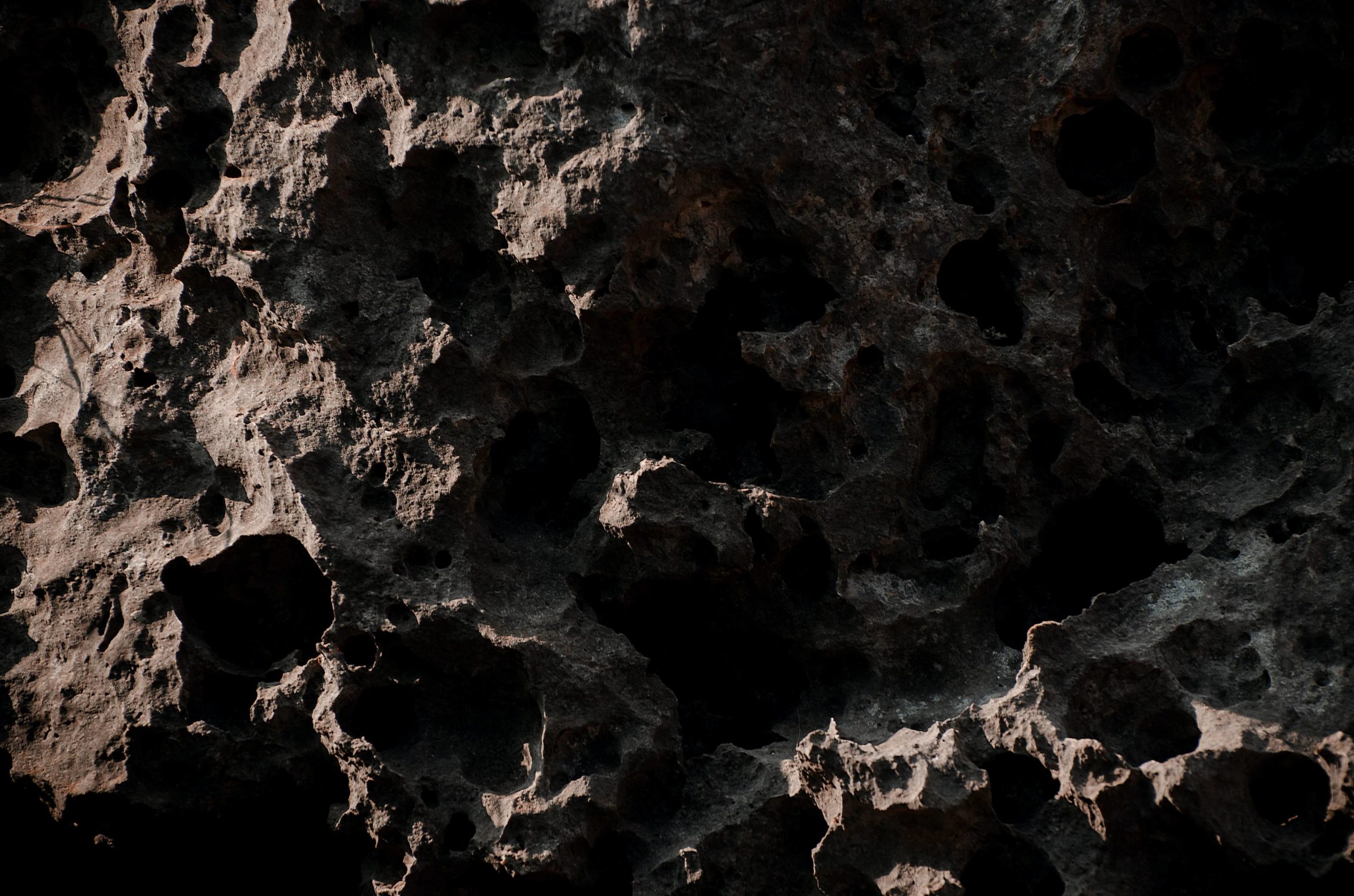

Asteroids carry immense amounts of minerals that dwarf the Earth’s supply. Asteroid 16 Psyche hosts precious metals that are predicted to be worth quintillions of dollars. Most of this is gold. Finding a way to mine these space-ores would revolutionize human industry. If the extraction process became simple enough, such a tight concentration of resources could make terrestrial mining obsolete.
16 Psyche is almost 230 million miles from Earth, but NASA had already landed probes on asteroids as far as 196 million miles away by the year 2001. Fortunately, moving things in space is quite cheap thanks to its essential lack of friction. Nearby asteroids could be eased into orbit by using the gravity of the Earth or the Moon to pull them closer. Then, they could be mined.
1986 DA and 2016 ED85 are two more likely targets than 16 Psyche. They are near Earth and have an estimated 11.65 trillion dollars worth of minerals. Tapping into their reserves could drastically increase humanity’s wealth.
Some experts worry that such an influx of resources could ruin the global economy, but asteroid mining would inevitably start as an expensive venture. This inflated cost of extraction would slow the space-metal’s introduction into the market. Even if companies could mine more minerals, they would have to spend more money to do so.
Prices of ore would undoubtedly drop over time, but this can be seen as a positive aspect of asteroid mining. The general public would have increased access to modern electronics which are largely composed of these metals.
In addition to the economic prospects, transitioning our mining industry towards asteroids in space has massive potential to reduce the environmental destruction of Earth.
Mining is extremely harmful to the environment. It destroys the earthen foundation of an ecosystem, subjecting it to sinkholes and erosion. This structural damage is accompanied by intense contamination. Around 1.8 billion tons of pollutants are generated annually by the metal industry. Waste permeates the soil and enters surface water deposits which are capable of seeping into drinking reservoirs. These side effects work in tandem to destroy an area’s biodiversity.
Removing mines from the surface of the Earth has potential to entirely solve these problems. Extracting resources from asteroids would localize the resultant waste in space, meaning that our planet would gain a large protective barrier between itself and pollution. Instead, the asteroids would be contaminated. Even if theories asserting the existence of life on asteroids prove true, we can be reasonably assured that corporations would affect fewer ecosystems in space: asteroids are characteristically barren.
Waste from asteroid mining could also be jettisoned into space, rather than allowing it to build up. This is a unique opportunity since Earth’s gravity makes the expulsion of garbage quite costly. The International Space Station (ISS) has been experimenting with ejecting their trash, allowing the Earth’s atmosphere to safely incinerate it.
On March 11 of 2021, the ISS released 2.9 tons of junk towards the Earth’s atmosphere. This quantity was suspected to be harmless. Assuming that the world’s metal mining industry produces 620 million times this amount each year, would there be a noticeable impact if it were disposed of in a similar manner?
Some researchers believe that gas produced by the burning is dangerous, leading to depletion of the ozone layer. Regardless, it’s improbable that all asteroid mining waste would be fed into our atmosphere. Even if this were the case, we shouldn’t necessarily be discouraged. The associated negative impact would have to be worse than the effects of our current mining practices and this is highly unlikely.
Between its positive economic and environmental impacts, asteroid mining seems like a very real solution to humanity’s resource problems.
Attorney General Pam Bondi informed President Donald J. Trump earlier this year that his name…
In a surprise move Tuesday, Speaker Mike Johnson announced that the House of Representatives would…
The Trump administration has released over 240,000 pages of long-sealed FBI surveillance records related to…
At least 73 Palestinians were killed and around 150 others injured by Israeli gunfire on…
Israel and Syria have agreed to a ceasefire following a week of intense violence in…
Israeli Prime Minister Benjamin Netanyahu expressed sorrow on Thursday after an Israeli strike hit Gaza’s…